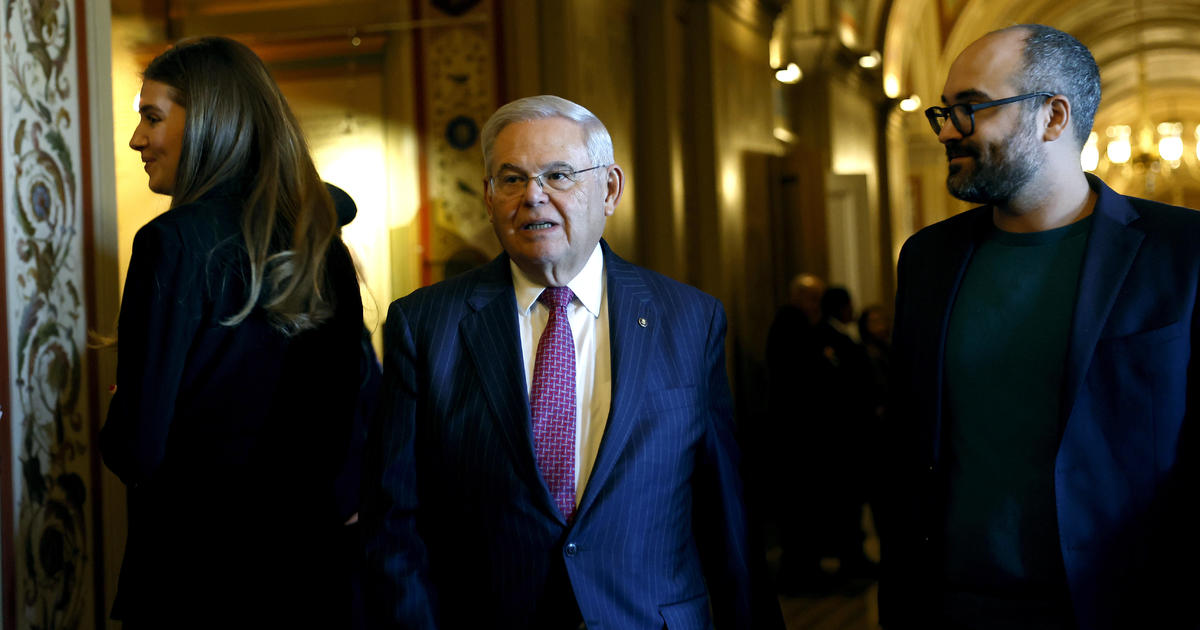Sen. Bob Menendez, a Democrat from New Jersey who is currently facing federal corruption charges, announced that he will not seek re-election in the Democratic primary. Menendez has been defiant against calls to resign, despite stepping down from his chairmanship of the Foreign Relations Committee. The charges against him allege that he accepted bribes and used his political influence to benefit businessmen and foreign governments. Menendez and his wife have pleaded not guilty to all charges, and their trial is set to begin in May.
The indictment against Menendez has posed a significant threat to his political future and prompted many New Jersey Democrats, including Governor Phil Murphy, to call for his resignation. Menendez stated that the accusations against him, which he claims are false and plans to prove his innocence, have made it difficult for him to engage in meaningful debates with his political opponents. A competitive primary to replace Menendez in the Senate is already underway, with contenders like Rep. Andy Kim and New Jersey first lady Tammy Murphy vying for the Democratic nomination.
Menendez’s decision not to run in the Democratic primary leaves open the possibility for him to seek re-election as an independent if he is exonerated this summer. While Senate Majority Leader Chuck Schumer has not explicitly called for Menendez to resign, he has emphasized the importance of upholding certain standards in the Senate. Menendez’s case has raised concerns about ethics and integrity in politics, as well as the impact of corruption allegations on public trust in elected officials.
The ongoing legal battle and uncertainty surrounding Menendez’s political future highlight the complexities and challenges of navigating a corruption scandal in the political arena. Menendez’s decision to step back from seeking re-election in the Democratic primary reflects the pressure and scrutiny he faces as a public figure accused of abusing his power for personal gain. The upcoming trial will be a critical moment in determining Menendez’s fate and could have significant implications for the Democratic Party in New Jersey and beyond.
Overall, Menendez’s announcement not to seek re-election in the Democratic primary underscores the impact of corruption allegations on the political landscape and raises questions about accountability and transparency in government. The outcome of Menendez’s trial will be closely watched, as it could have far-reaching consequences for his political career and the broader conversation about ethics and integrity in public service. As the legal proceedings unfold, the focus will remain on the implications of Menendez’s case for the future of New Jersey politics and the Democratic Party as a whole.









